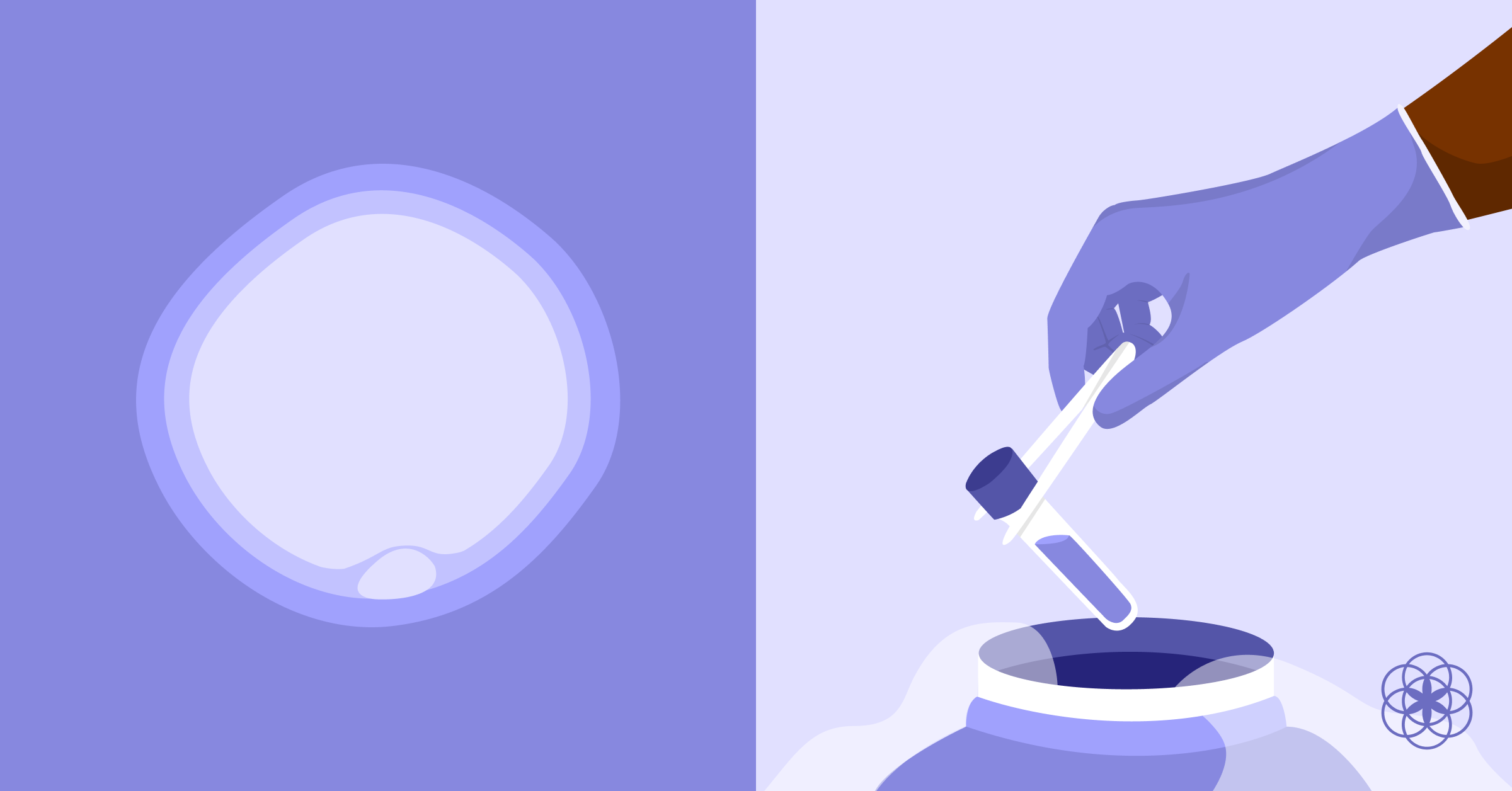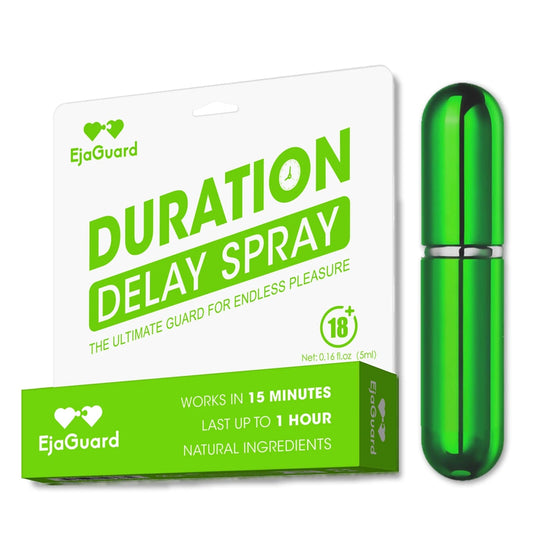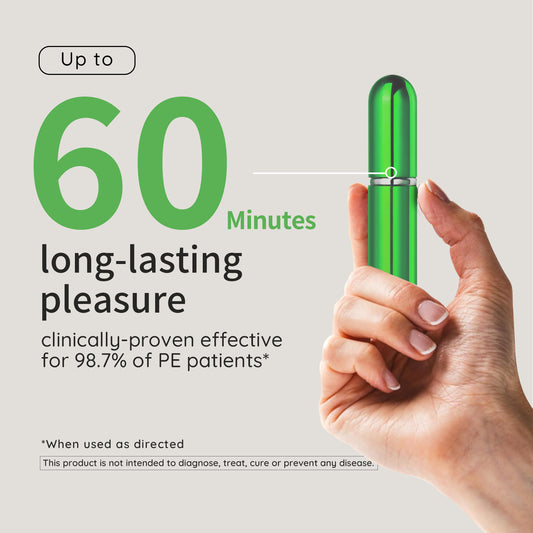How Much Does It Cost to Freeze Eggs in 2025? Everything You Need to Know
Introduction
Thinking about freezing your eggs? You’re not alone. More women today are considering fertility preservation to give themselves more time and options, much like how some individuals explore products for improving personal well-being.
For instance, you might want to check out EjaGuard's Orgasm Gels, which enhance personal experiences.
What Is Egg Freezing?

Egg freezing, also known as oocyte cryopreservation, is a process where a woman’s eggs are retrieved, frozen, and stored for future use.
This procedure involves hormone treatments to stimulate the ovaries and retrieve mature eggs, much like how other personal health treatments, like using EjaGuard’s Delay Spray, help improve well-being.
The procedure involves hormone treatments to stimulate the ovaries, retrieval of mature eggs, and flash-freezing them in liquid nitrogen. These eggs can later be thawed, fertilized, and implanted when you're ready.
Average Cost of Freezing Eggs

So, how much does it cost to freeze eggs in 2025? On average, expect to pay $6,000 to $15,000 per cycle.
Here's a rough breakdown:
-
Initial consultation: $200 - $500
-
Hormonal medication: $2,000 - $5,000
-
Egg retrieval procedure: $3,000 - $8,000
-
Freezing and storage (first year): $500 - $1,000
On average, expect to pay $6,000 to $15,000 per cycle. This is a significant investment, but there are financing options. Just like with various personal products, like EjaGuard’s Lubricants, there are plans that can make your experience more affordable.
Depending on your age and egg reserve, you might need more than one cycle to collect enough eggs, doubling or tripling the cost.
Tip: Some clinics offer package deals for multiple cycles, which can save you money.
Hidden Costs to Know About
Beyond the initial sticker price, several hidden costs can sneak up on you, like the blood work and ultrasounds required during stimulation.
Similarly, many people forget to factor in the ongoing costs associated with wellness products, such as the recurring charges for products like EjaGuard's Masturbators.
-
Blood work and ultrasounds: Frequent monitoring during stimulation ($1,000 - $2,000)
-
Anesthesia fees: Separate from retrieval procedure fees ($500 - $1,000)
-
Future thawing, fertilization, and transfer costs: An additional $4,000 - $7,000
Understanding these fertility preservation costs upfront helps you plan better and avoid surprises.
Does Insurance Cover Egg Freezing?

Does insurance cover egg freezing? Sometimes—but not always.
Insurance companies usually cover egg freezing if it's medically necessary, like before cancer treatment. For elective egg freezing, you might be on your own for costs.
However, for products like EjaGuard’s Penis Enlargement Cream, there are affordable options that don't require insurance.
Tip: Some employers now offer fertility benefits. Always check your health plan and workplace perks for fertility-related coverage.
Egg Storage Fees & Yearly Charges

Once your eggs are frozen, you’ll need to pay annual egg storage fees.
-
Typical storage fees: $500 - $1,000 per year
When calculating how much is egg freezing per year, factor in these recurring costs. Some clinics offer discounts for multi-year storage plans if you pay upfront.
Financing Options & Payment Plans
Worried about the upfront costs? Many fertility clinics offer egg freezing payment plans.
Here are a few options:
-
Monthly Installments: Break the total cost into manageable payments.
-
Fertility Loans: Special loans designed for medical fertility services.
-
Credit Card Financing: Useful but watch out for high-interest rates.
Some clinics even partner with third-party lenders to make the process easier.
Many fertility clinics offer egg freezing payment plans.
Similarly, if you're interested in improving your intimate moments without large upfront costs, you might be interested in financing options for EjaGuard’s Dolls.
Is Freezing Your Eggs Worth It?
This is a deeply personal decision. From a financial standpoint, it's essential to balance the costs against the value of preserving your future fertility.
Consider:
-
Your current age and fertility status
-
Career, relationship, or health plans
-
Emotional readiness
For many, the peace of mind and flexibility make the investment worthwhile. Just like with purchasing wellness products, like EjaGuard Lingerie, the right decision comes down to balancing value and personal satisfaction.
Conclusion & Final Takeaways
Freezing your eggs can be a smart move, but it’s important to budget carefully. The cost of egg freezing with insurance could be lower if you qualify, but many pay out of pocket. Remember to factor in medication, procedures, storage, and future fertilization costs.
Planning early, comparing clinics, and considering financing options can help make the process more affordable and less stressful.
Ready to take control of your fertility journey? Start by booking a consultation with a trusted fertility specialist today!
 Buy Now
Buy Now



